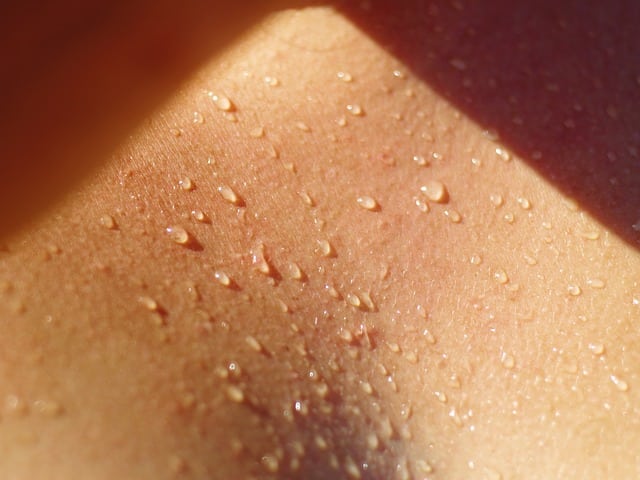
The liquid oozes out of the pores
Exuding is the act and consequence of exuding . This verb (exude), in turn, refers to what happens when a liquid or viscous substance gushes out of the pores or crevices of a body .
Etymology
With etymological origin in the Latin word exsudatio , the term exudation is used in the field of medicine . In this area, exudation consists of the release of fluid from the blood vessels . The substance that leaves the vessel and, therefore, enters a tissue, is called exudate .
Returning to its etymology, we can say that the Latin verb to whose family it belongs is exsudare , which can be translated as "drip from the inside of a body" or "evaporate completely." In it we notice the prefix ex- with the meaning "from the inside to the outside", followed by another verb, sudare , which means "to sweat, sweat or distill a liquid substance." From the latter come our terms sweat, sweating and sweating , for example.
Causes and types
An inflammatory process can cause exudation. It is possible to differentiate between suppurative exudate (pus), fibrinogenous exudate and serous exudate , for example, each with different levels of proteins and cells .
With respect to suppurative exudate, we can say that it is also known as purulent and has a high content of neutrophils, the type of leukocyte that is most abundant in the blood of our body, between 60 and 70 percent. From a clinical point of view, it is recognized precisely as pus .
The fibrinogen exudate, on the other hand, has a content in which proteins stand out, especially fibrinogen. When it enters the tissue , the generation of fibrin causes it to clump. This happens when this type of exudation collects on the surface of the lungs due to bacterial pneumonia (known as pleurisy ).
The third type of exudate mentioned above is serous, which we can say is linked to moderate inflammation. The liquid is characterized by its transparency and its relatively low content of proteins and cells.
Utility for the body
Far from being an arbitrary phenomenon, exudation is necessary for our body, as is the edema that occurs as a consequence. Its usefulness can be summarized in the following points:
* its liquid serves to dilute bacterial toxins,
* With respect to the deposit of fibrin, we can say that its action consists of preventing bacteria from disseminating, or participating in phagocytosis to provide a surface on which they can be immobilized;
* in the exudation we find certain antibodies and complement molecules whose importance is considerable;
* Thanks to its content of proteolytic enzymes, it can render toxins inactive;
* provides inflammatory cells with the nutrients they need.

Its liquid dilutes bacterial toxins
In other fields
In the field of engineering , the release of a fluid through cracks or holes in a container is known as exudation. We also talk about exudation in construction to name what happens when the mixing water separates from the cement paste and rises to the surface area of the fresh concrete.
Exudation irrigation , on the other hand, is a system used in agriculture . It consists of a porous conduit that exudes water, generating a uniform and continuous level of humidity along the entire irrigation line.
Finally, the exudation of a plant is the secretion of different substances through the pores of a damaged or diseased tissue. An oil or resin can be exuded by a plant.
